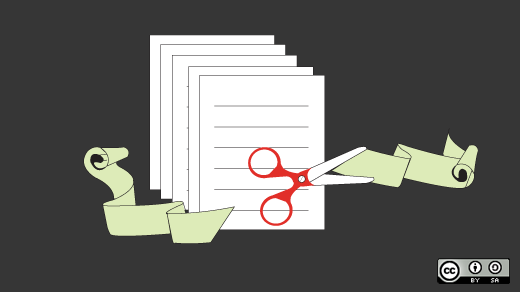The European Commission (EC) recently published an important report, officially a Communication: Against lock-in: building open ICT systems using standards. The Communication introduces and explains the need for the accompanying: Guide for procurement of standards-based ICT—Elements of Good Practice, which was released at the same time.
The documents, announced in a press release on June 25, are designed to educate public administrations and encourage their use of standards-based ICT procurement, which, in the words of the communication, "will enable more interoperability, innovation and competition, lower costs (by more than 1 billion Euros per year), and improve interaction with citizens." The Commission’s activities are an effort to fulfill a key part (Action 23) of the Digital Agenda, the EC’s long-term planning strategy designed "to help digital technologies, including the internet, to deliver sustainable economic growth..."
Great! Go forth and prosper! Who could argue with this? If matters were only that easy.
As I reported previously, policy makers throughout Europe and beyond are putting in place all manner of laws, regulations, and guidance designed to lay the ground work for public-sector adoption and private-sector growth of open standards and, by extension, open source software. Despite these commendable efforts, it turns out that in practice, not everyone, it would seem, is against lock-in.
All too often, when it comes to implementing these policies, procurement officers are retreating to what they’ve long been comfortable with—proprietary solutions—for a variety of reasons. As the against lock-in Communication points out, these reasons include, you guessed it, the cost of over coming lock-in.
That is, 40% of procuring authorities in a survey cited by the Communication said that changing their existing brand of ICT solution would be too costly because it would imply changing many other systems that somehow use the data of the system that they would like to change. While this is, of course, little more than an admission of the problem, others in the same survey point to other impediments such as a lack of expertise to decide which standards are relevant (50% of those surveyed).
To overcome this, the Commission’s Guide provides not only advice on developing an ICT strategy and assessing standards, but also advice on long-term budgetary planning in overcoming higher upfront costs when trying to remove lock-in situations. Recognizing that these documents will be little more than dust collectors if they are not brought to the attention of and actually used by public administrations, the Commission, as outlined in the Communication, proposes to actively engage appropriate constituencies throughout the European Union.
The Communication explains that "in order to facilitate sharing of best practice, the European Commission will support this initiative by organising meetings with relevant stakeholders (public authorities, ICT supply industry, standards organisations and civil society), supported by a public best practice website." Based on these meetings, the Commission will also report on the outcome of this process, tracking progress being made in the use of standards in procurement and identifying what other steps can be taken to promote their use.
So, now can we go forth and prosper? Not quite yet.
We, as the "ICT supply industry, standards organizations, and civil society" (and any other category you might fit into) need to applaud the EC’s initiative and engage in their education efforts. Organizations such as Open Forum Europe and Free Software Foundation Europe have put out supportive statements (OFE here and FSFE here) commending the Commission's action.
They have taken a leading role to promote the Commission’s good work. Real change takes time, commitment, and persistence to convince those who are charged with implementing these policies that doing so is not only in the best long-term interests of the citizens that they serve, but, frankly, is well within their reach.







3 Comments